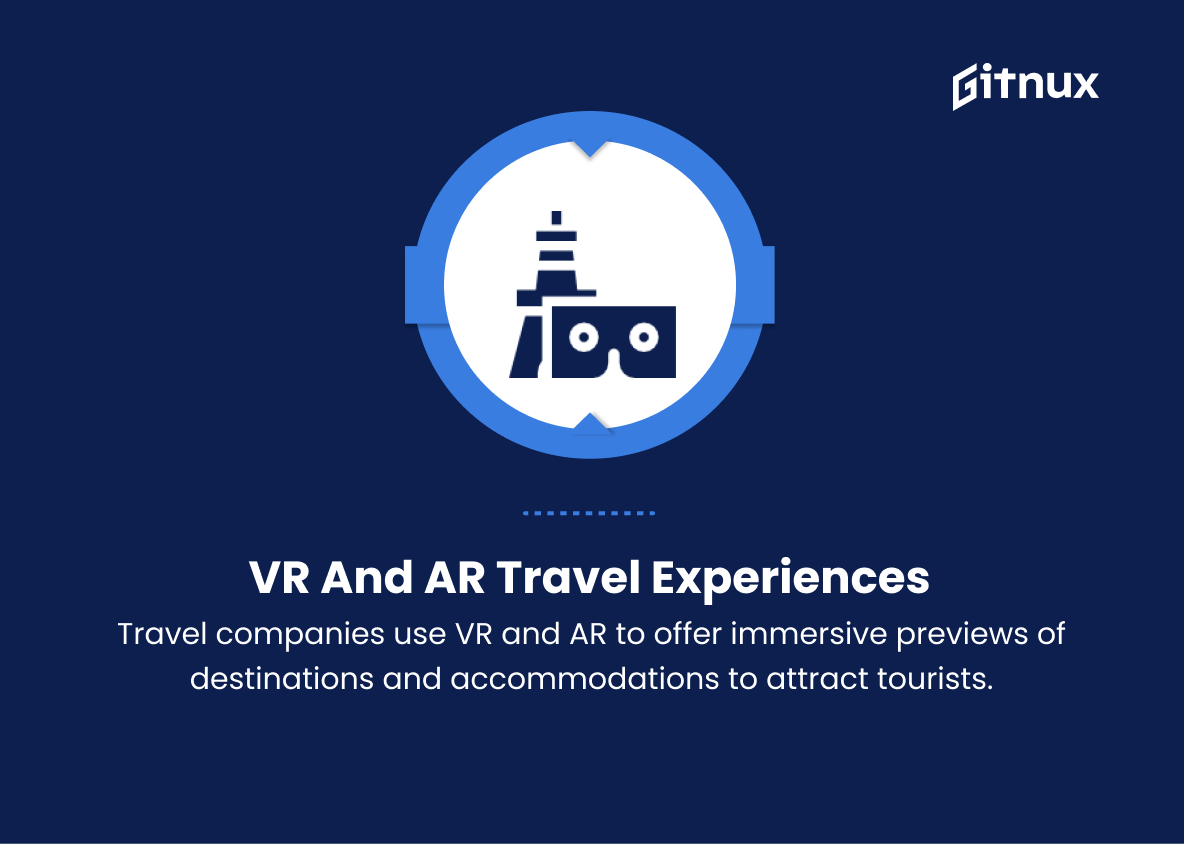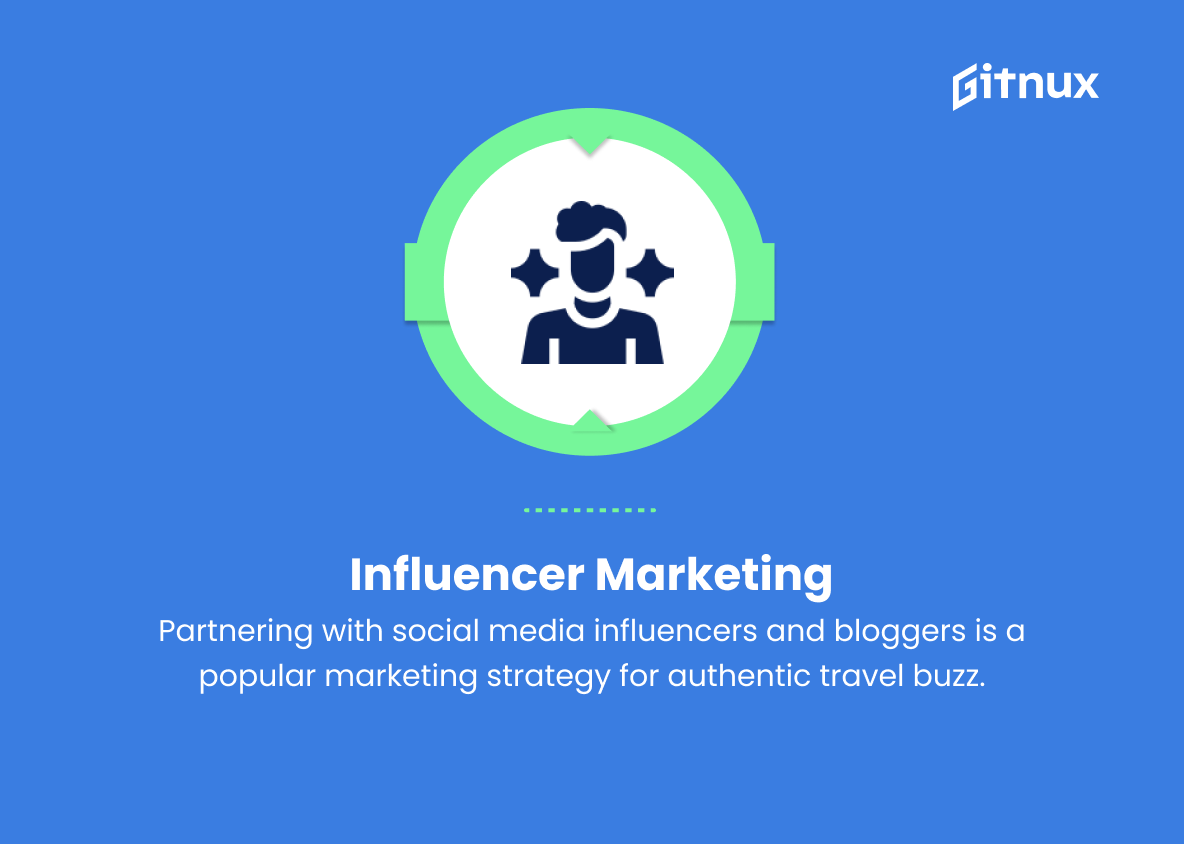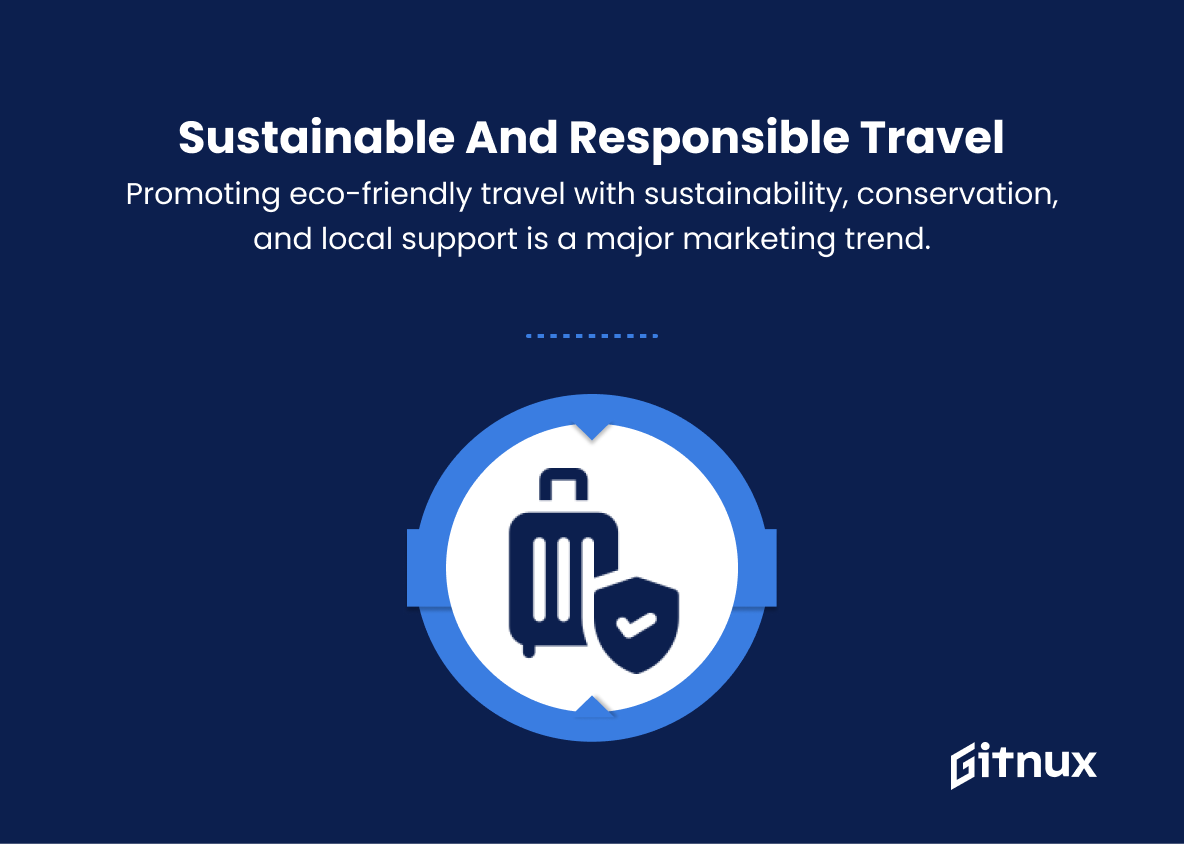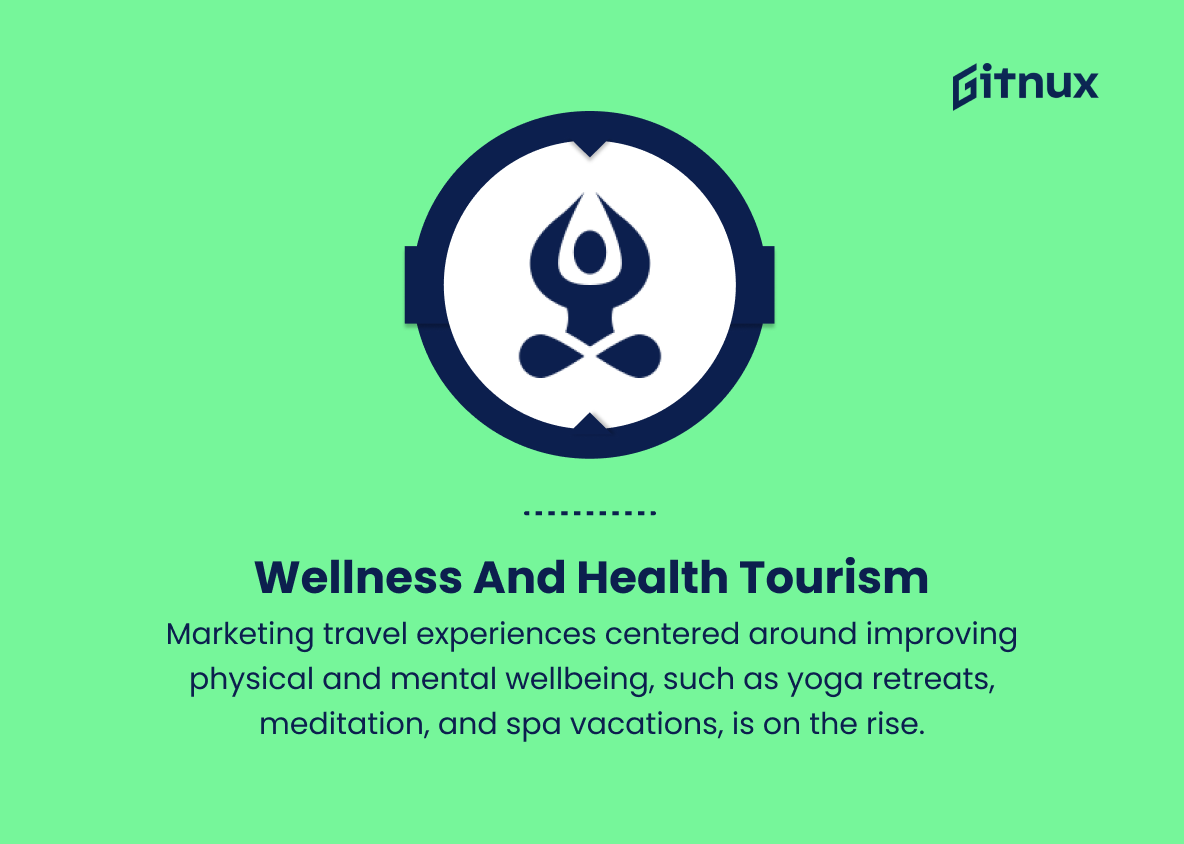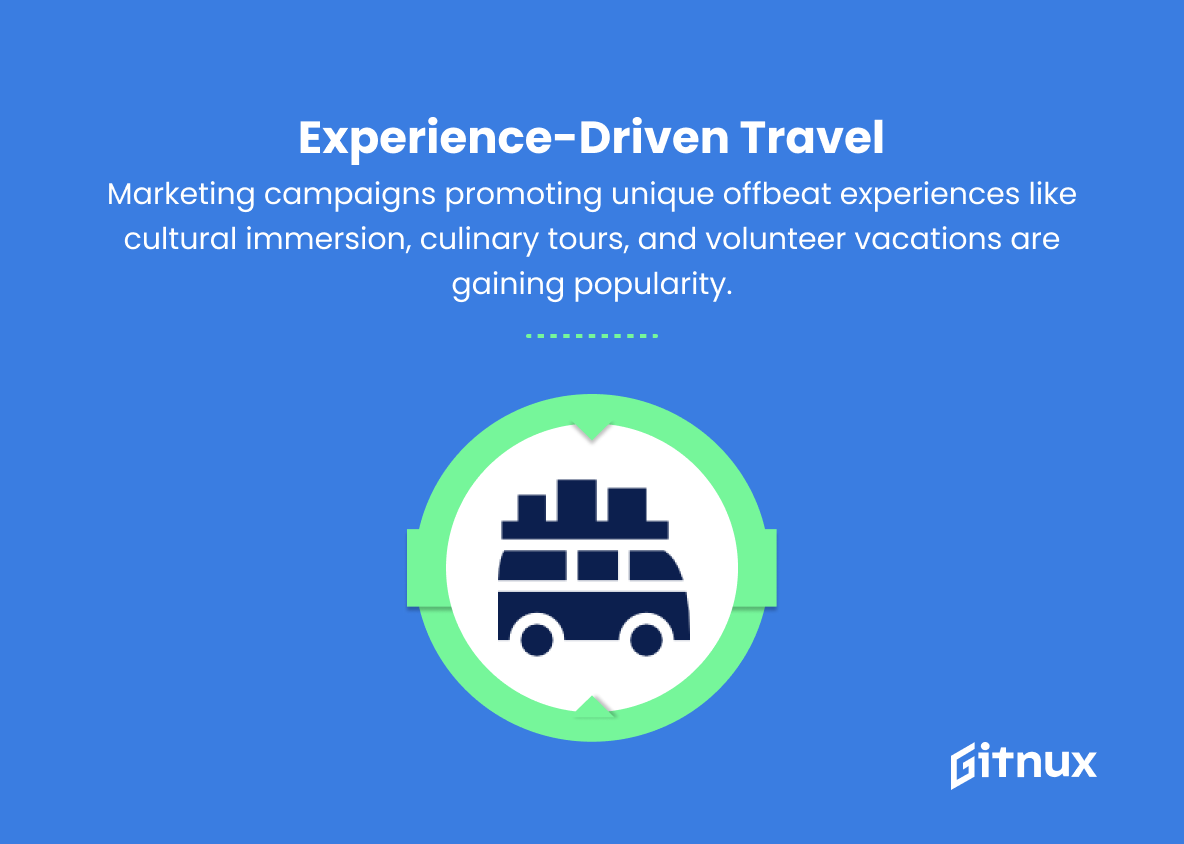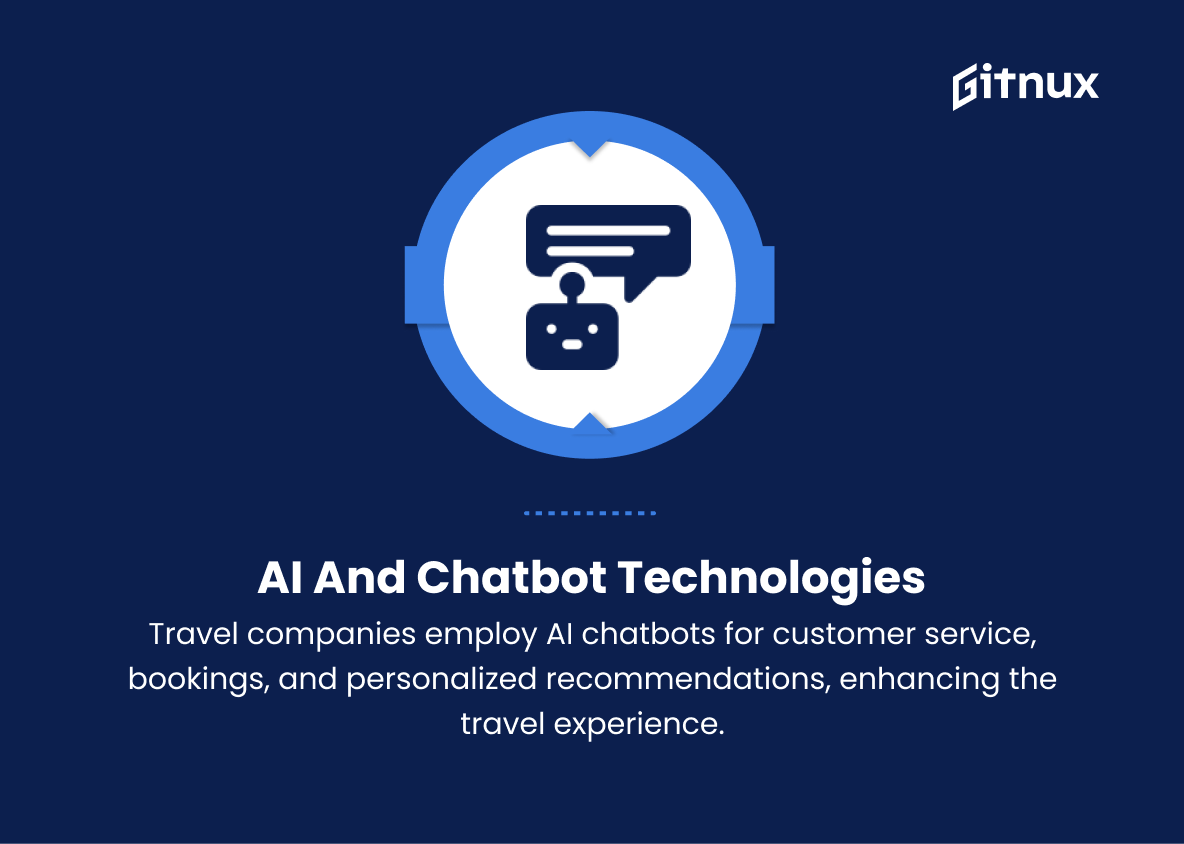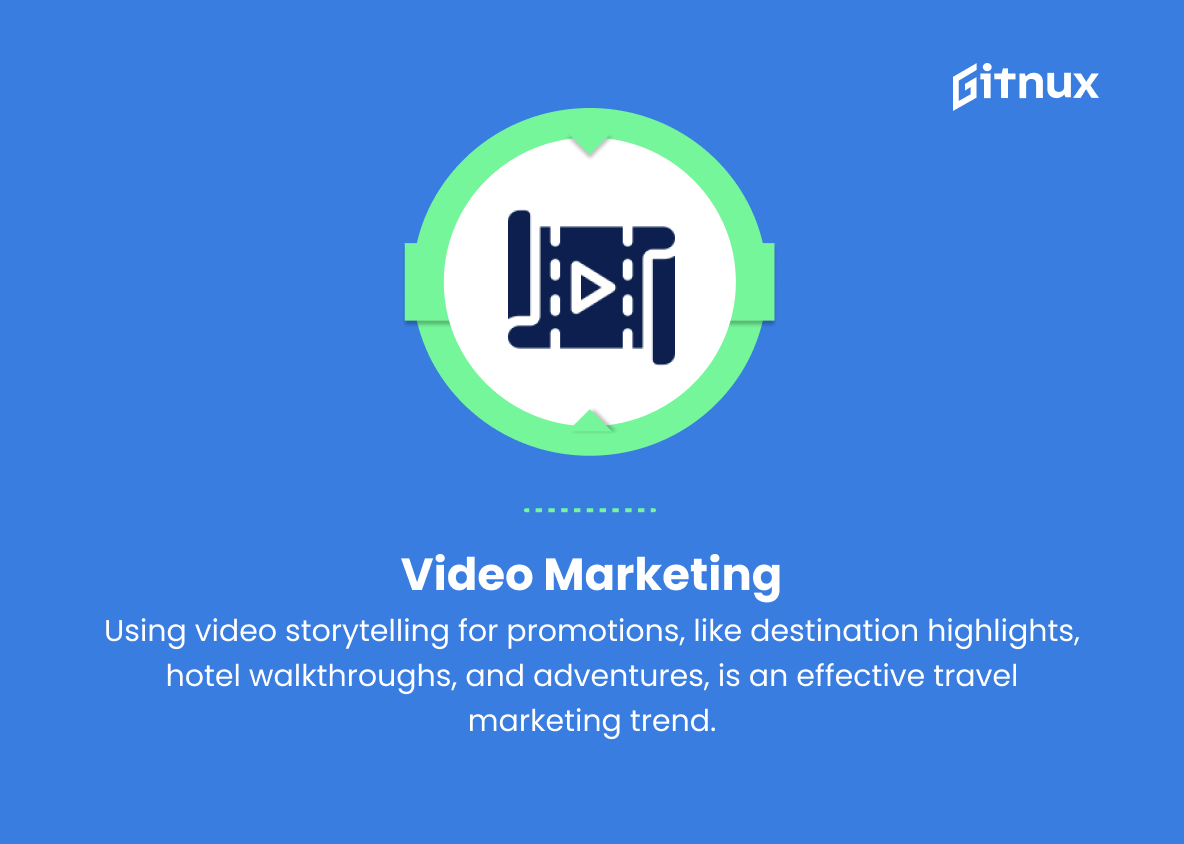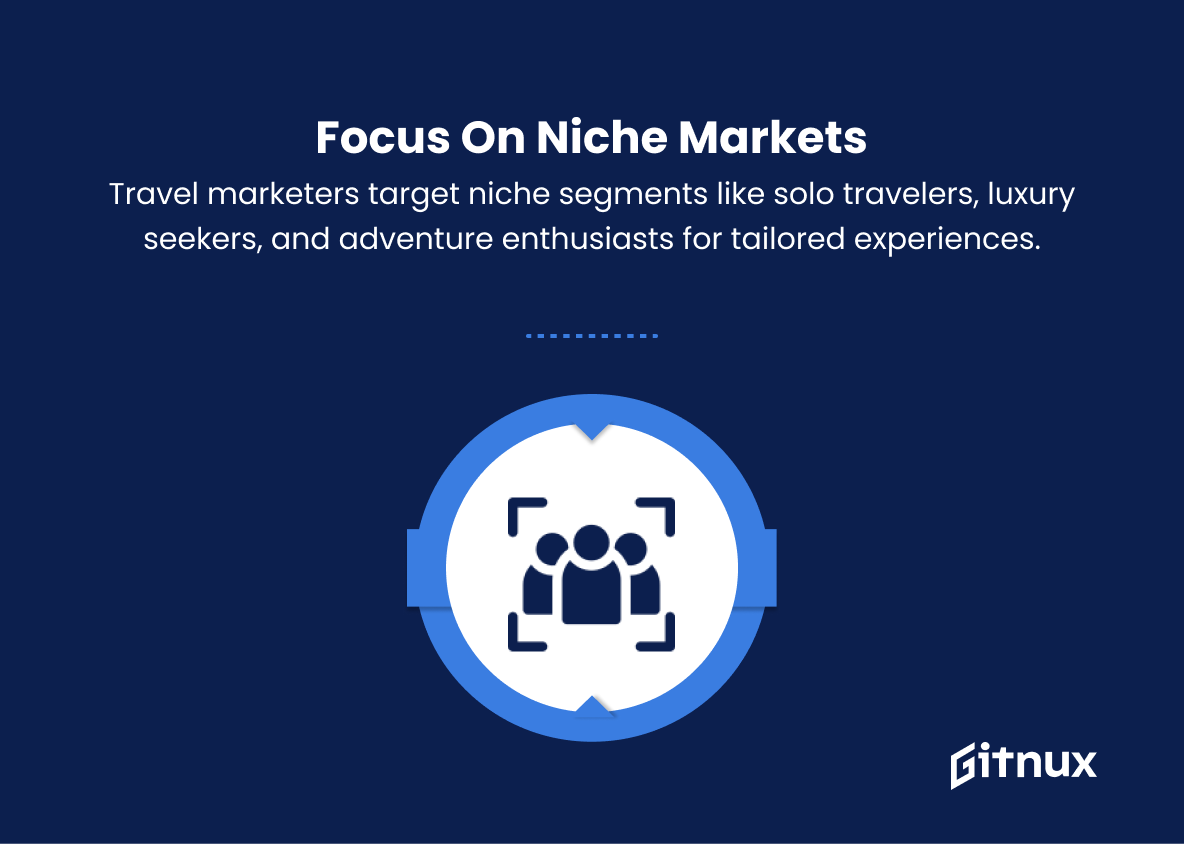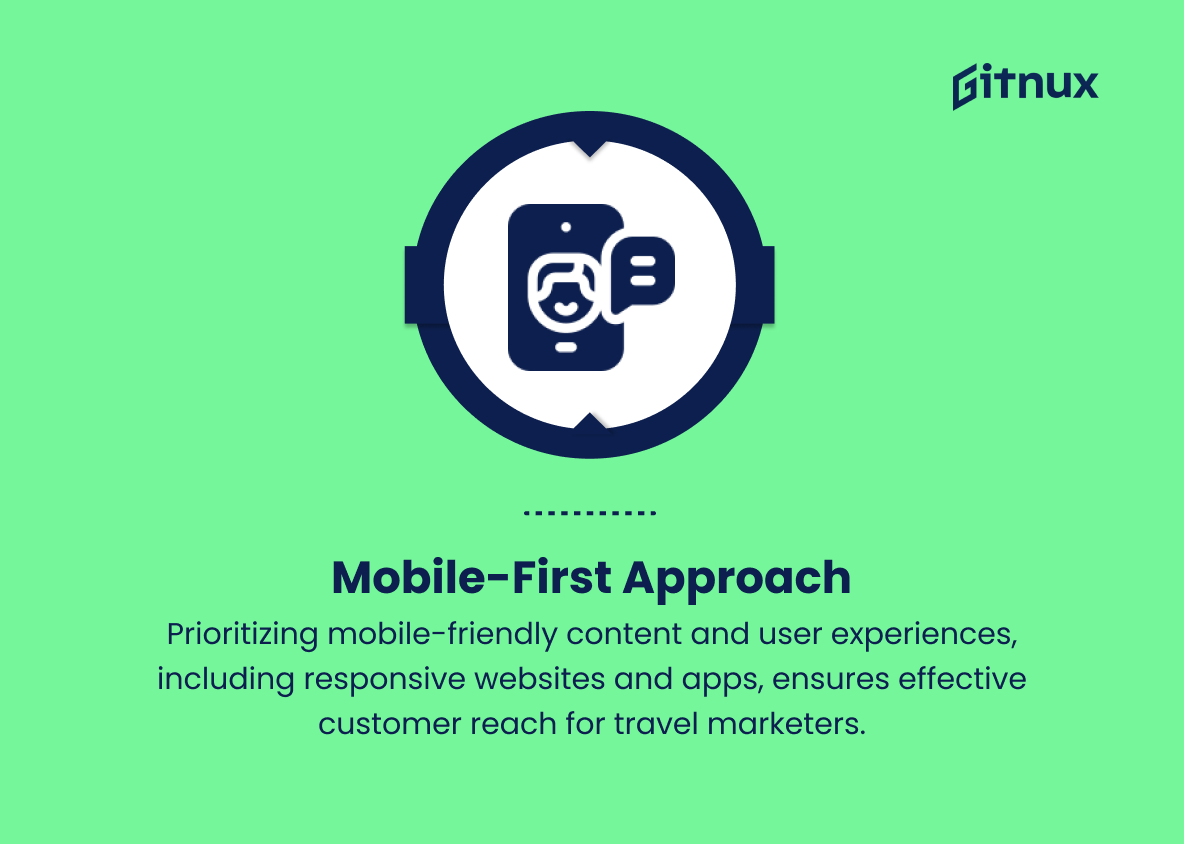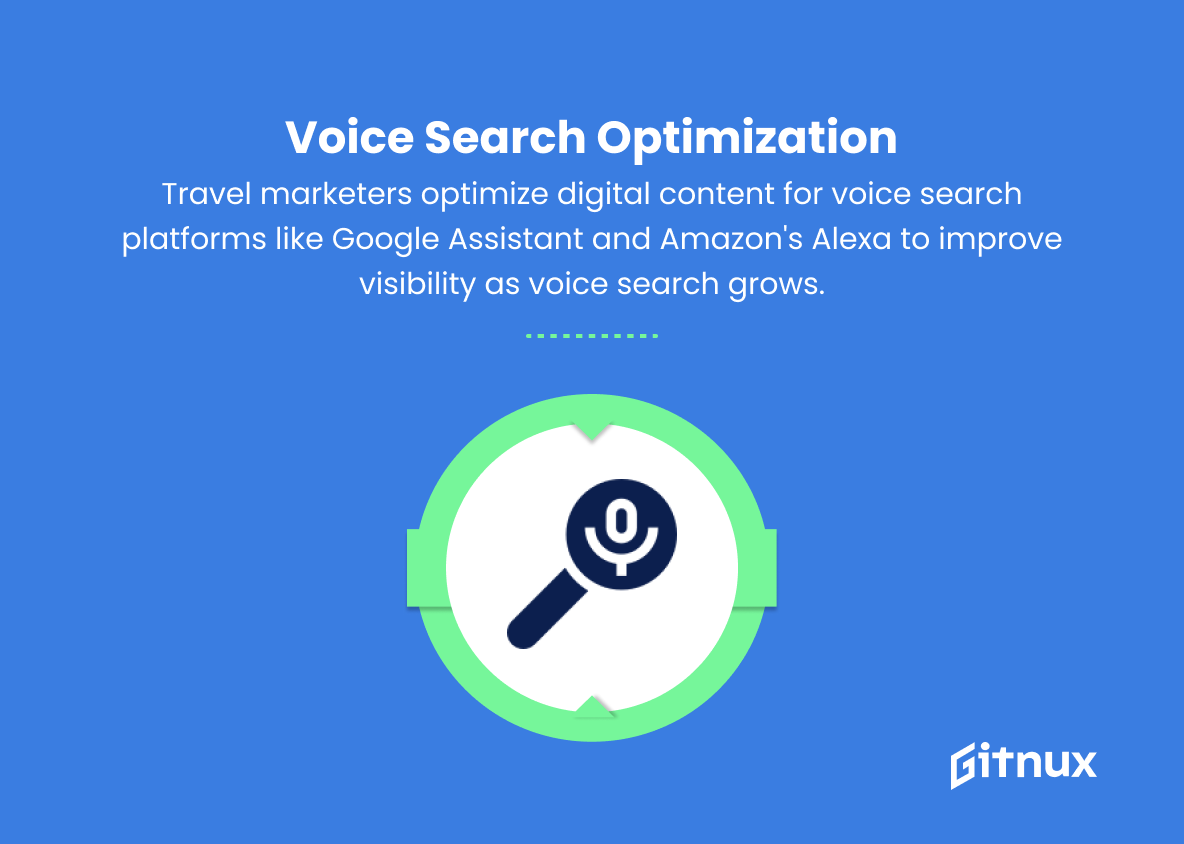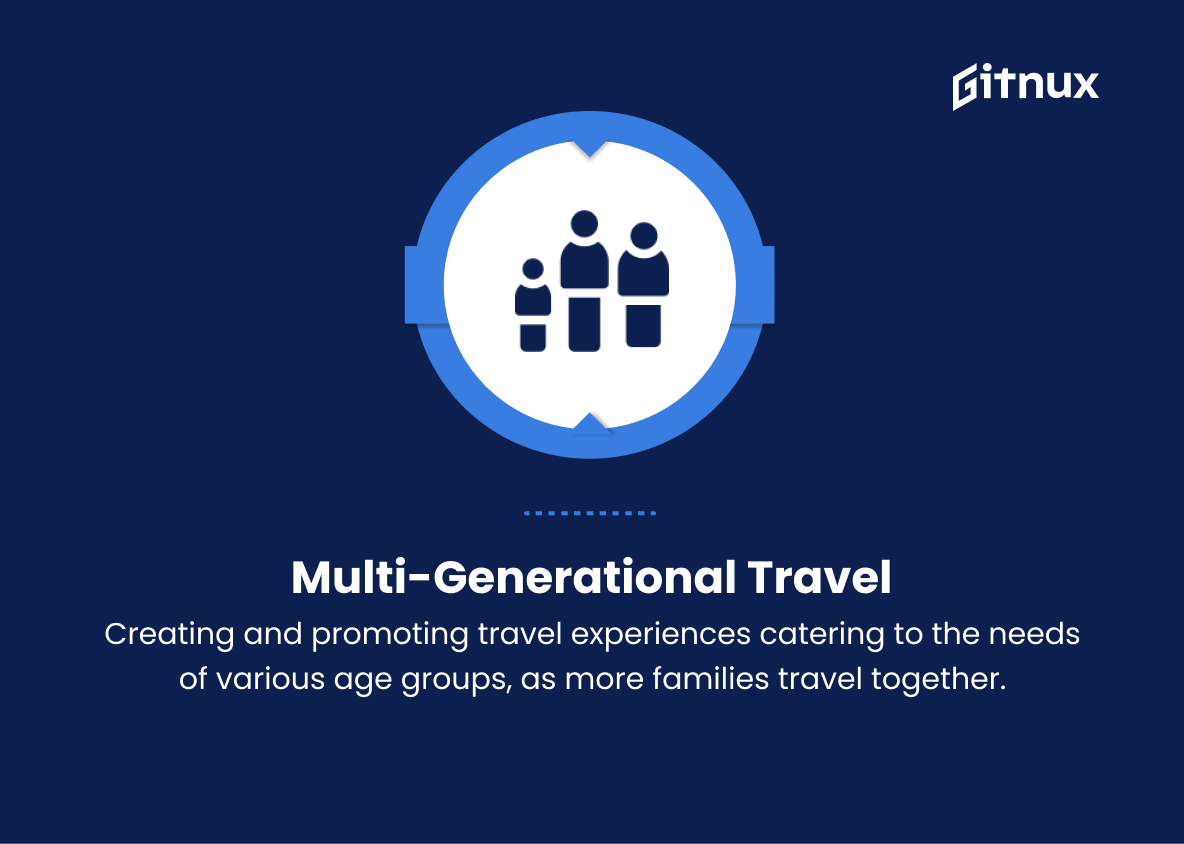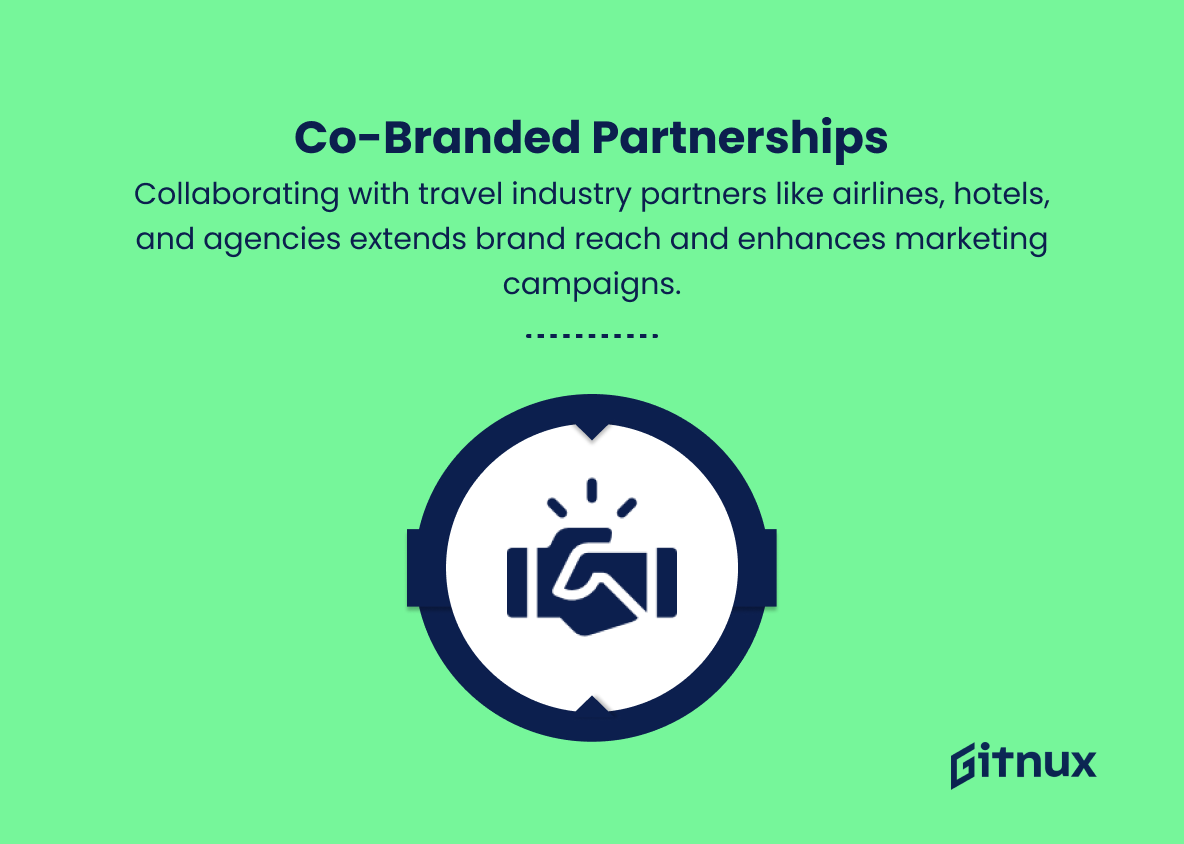In today’s rapidly evolving world, the travel industry is continuously adapting to meet the ever-changing needs and demands of travelers. As customer behaviors and preferences shift, travel marketing strategies must also evolve to effectively engage and provide a seamless experience to fulfill their wanderlust successfully. With the start of a new decade, it is worth paying attention to the latest trends, technologies, and approaches that will define how travel businesses market themselves and connect with their target audience.
In this thought-provoking blog post, we delve into the top travel marketing trends every professional in the industry needs to be aware of, to stay ahead of the curve and propel their business to new heights of success.
Top Travel Marketing Trends
1. Virtual Reality (VR) and Augmented Reality (AR) experiences
Travel agencies and companies are using VR and AR technologies to offer immersive preview experiences of destinations, accommodations, and experiences to entice potential tourists.
2. Personalized and tailored experiences
Travel marketing is becoming more targeted and personalized, with marketers using big data and analytics to understand traveler preferences and deliver highly customized packages and recommendations.
3. Influencer marketing
Collaborating with social media influencers and travel bloggers, who have a significant following, is becoming a popular marketing strategy, as they can generate buzz and present travel experiences authentically.
4. Sustainable and responsible travel
Promoting eco-friendly accommodations, tours, and activities that focus on sustainability, environmental conservation, and supporting local economies has become a major travel marketing trend.
5. Wellness and health tourism
Marketing travel experiences centered around improving physical and mental wellbeing, such as yoga retreats, meditation, and spa vacations, is on the rise.
6. Experience-driven travel
Marketing campaigns that emphasize unique, off-the-beaten-path experiences and adventures, such as cultural immersion, culinary tours, or volunteer-based vacations, are growing in popularity.
7. Artificial Intelligence (AI) and chatbot technologies
Travel companies use AI-based chatbots for customer service, bookings, and providing personalized recommendations based on clients’ preferences, which contribute to a seamless travel experience.
8. Importance of user-generated content
Encouraging customers to share their experiences and reviews on social media platforms helps travel marketers to tap into the power of word-of-mouth marketing and build trust among potential clients.
9. Video marketing
Leveraging the power of storytelling through videos for promotions, such as destination highlights, resort or hotel walkthroughs, or thrilling adventures, is an effective marketing trend in the travel sector.
10. Focus on niche markets
Travel marketers are increasingly targeting niche segments, such as solo travelers, luxury travelers, or adventure enthusiasts, to better cater to their unique needs and preferences.
11. Mobile-first approach
Emphasizing mobile-friendly content and user experiences, including responsive website design and app development, ensures that travel marketers are reaching customers effectively.
12. Voice search optimization
As voice search is on the rise, travel marketers are optimizing their digital content for voice search platforms, like Google Assistant and Amazon’s Alexa, for better visibility.
13. Multi-generational travel
Creating and promoting travel experiences catering to the needs of various age groups, as more families travel together.
14. Co-branded partnerships
Collaborating with complementary brands and services in the travel industry – such as airlines, hotels, and travel agencies – to create impactful marketing campaigns and extend brand reach.
Implications
The future of travel marketing is rapidly evolving with cutting-edge trends that enrich and personalize the travel experience. Virtual Reality (VR) and Augmented Reality (AR) technologies provide immersive previews of destinations, while big data-driven personalization tailors recommendations to individual preferences. Influencer marketing enlists popular social media figures to authentically generate buzz, whereas a growing focus on sustainable and responsible travel caters to eco-conscious consumers’ values.
The attention shift to wellness and experience-driven travel caters to tourists seeking unique adventures and self-improvement. Integration of Artificial Intelligence (AI) and chatbot technologies streamline customer service, while user-generated content and video marketing bolster trust and brand storytelling. Targeting niche markets, adopting a mobile-first approach, and optimizing for voice search ensures marketers effectively reach specific audience segments. Embracing multi-generational travel and co-branded partnerships expands offerings to cater to diverse age groups and extend brand reach, solidifying the travel industry’s ongoing commitment to progress and customer satisfaction.
Conclusion
In conclusion, the world of travel marketing is constantly evolving as new trends emerge and consumer preferences shift. To stay ahead in this competitive industry, it’s crucial for travel brands to not only be aware of these trends but also be ready to adapt and innovate accordingly. As we’ve explored in this blog post, some of the most important trends currently shaping travel marketing include personalization, mobile optimization, sustainability, authentic storytelling, and strategic partnerships.
By embracing these approaches and continually seeking new ways to engage with travelers, industry professionals can foster strong connections, drive customer loyalty, and ultimately, ensure the continued success and growth of their businesses in the ever-changing realm of travel marketing.
